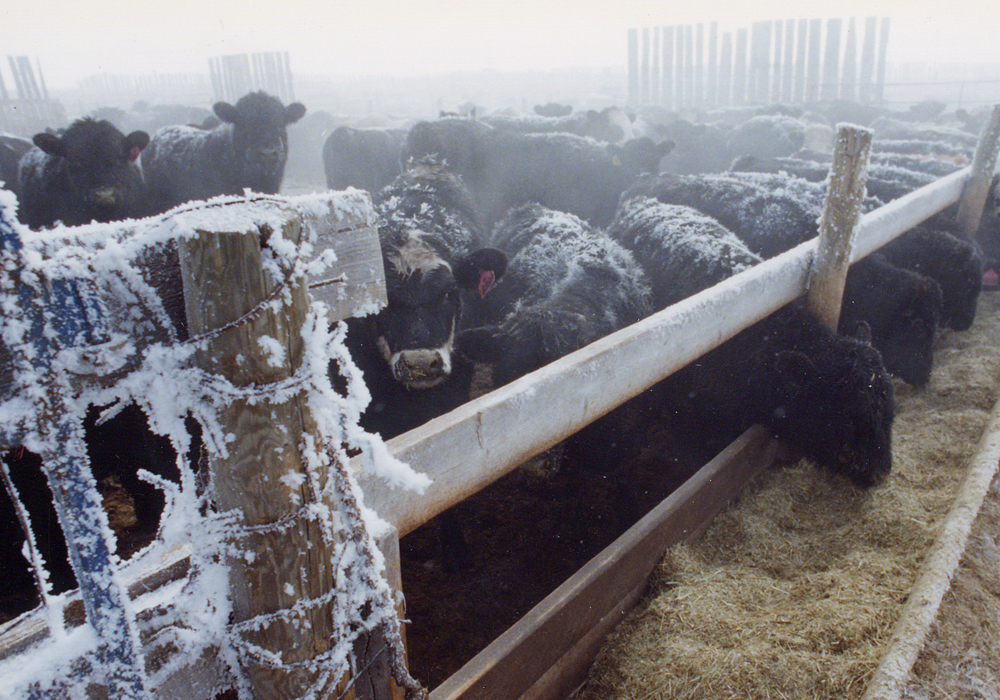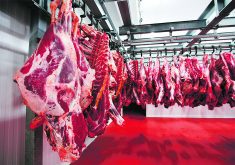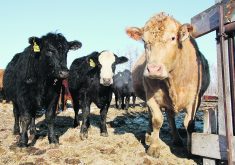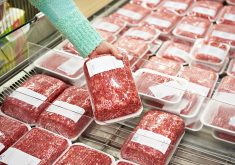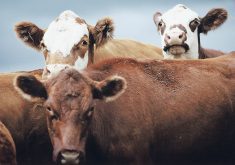China and the Philippines are joining South Korea in responding to the atypical case of BSE found in a Ponoka County, Alta., cow last month with suspensions of Canadian beef imports.
Atypical BSE is a spontaneously occurring variant of the neurological disease, which affects older cattle, unlike the classic form of BSE that is linked to contaminated feed.
Dennis Laycraft, Canadian Cattlemen’s Association vice-president, said that distinction should limit the length of any beef export suspension.
“Both countries are asking for more information which (CFIA) is working to provide,” he said. “An atypical case, it’s a lot more straightforward than the past classical cases.”
Read Also

Using artificial intelligence in agriculture starts with the right data
Good data is critical as the agriculture sector increasingly adopts new AI technology to drive efficiency, sustainability and trust across all levels of the value chain.
China makes up 6.6 percent of Canada’s beef exports, while the Philippines is 1.1 percent valued at $5.2 million.
As with South Korea, Laycraft said the nature of the veterinary certificates used to approve imports of Canadian beef as part of trade agreements with the Philippines and China can allow such suspensions to be put in place.
But it isn’t in line with the World Organization for Animal Health’s (OIE) view on the atypical variant of BSE nor will it affect Canada’s negligible risk status with that organization.
“It’s very clear when you go to the OIE website — it’s right there in clear wording that finding an atypical case does not affect a country’s BSE status,” said Laycraft.
While Laycraft didn’t go so far as to say there is frustration on the part of CCA regarding the beef import suspensions, he did say those actions differ from how other nations view atypical cases of BSE.
“Obviously we’d prefer that like the rest of the world they recognize this as atypical and allow trade to continue uninterrupted,” he said. “I think gradually we’re getting there. There are fewer and fewer instances of this happening.”
While he doesn’t expect other countries to suspend imports of Canadian beef, there isn’t a guarantee that won’t happen.
In the short term, trade relations and demand between Canada and the United States along with Mexico — two of the country’s largest beef importers — remain strong and should shore up any slack in the market.
As well, Laycraft pointed to the Comprehensive and Progressive Agreement for Trans-Pacific Partnership as another avenue to keep Asian markets open to Canadian beef.
According to the ministerial order issued by the Philippines on Dec. 20, Canadian beef products slaughtered or produced before Nov. 30 won’t be affected.


